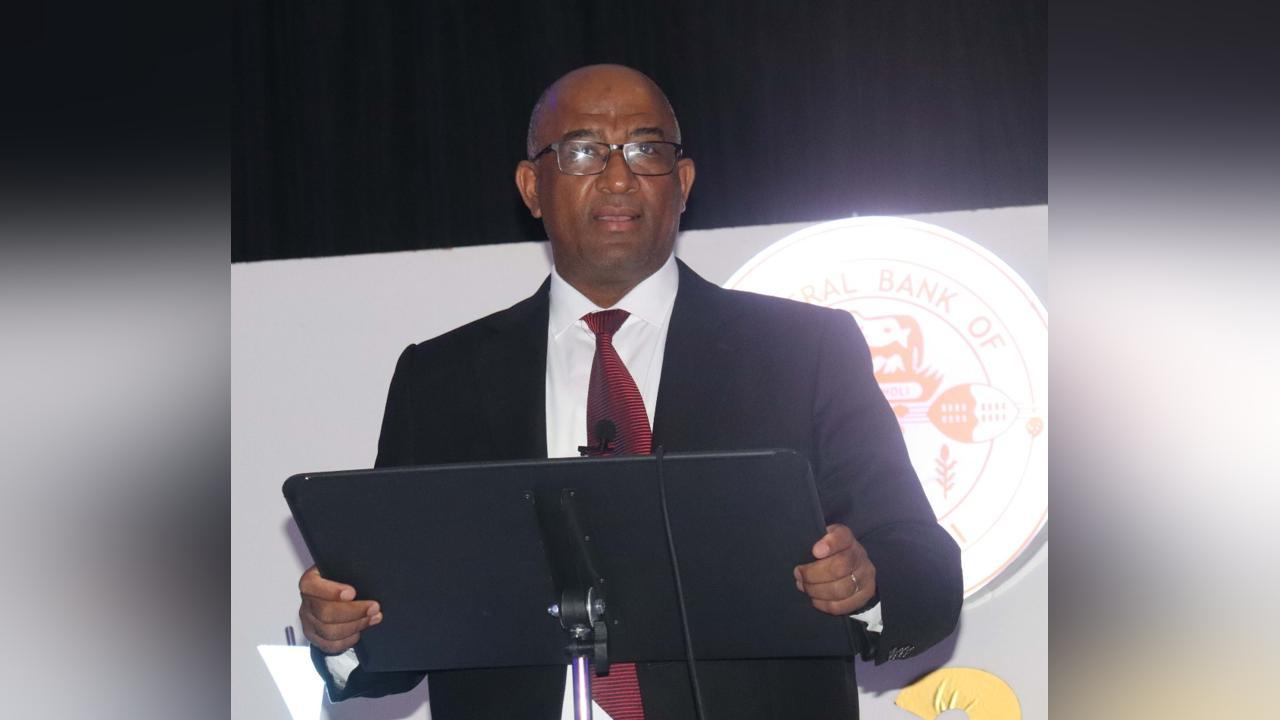Africa-Press – Eswatini. The Central Bank of Eswatini (CBE) has migrated to the third version of its Cross Border Foreign Exchange Transaction Reporting System (CFX TRS) which will now allow integration with the Eswatini Revenue Services to automatically extract payments and match them against imported and exported goods
The milestone celebrated at the CBE future home in Ezulwini (Former Ezulwini Sun) was achieved through efforts by the Financial Surveillance Division, in collaboration with the Information and Communication Technology and Economic Policy Research & Statistics Department, the South African Reserve Bank together with the Reporting Entities.
According to CBE Governor Dr. Phil Mnisi, the third version three of the reporting system’s functionality of integrating with ERS would reduce the illicit financial flows and capital shifting. “The Central Bank is continuously aligning its regulatory processes with the changing business environment to ensure that businesses are not stifled and that global initiatives are adopted more easily,” said Mnisi.The governor highlighted that the Cross Border Foreign Exchange Transaction Reporting System played a crucial role in the planned migration to the Capital Flow Management project, in line with Common Monetary Area Strategic initiatives.
“Additionally, the enhanced system is the pivotal backbone for the implementation of further Exchange Control relaxations, enabling our government to position itself better in terms of creating a conducive environment for business,” he said.
ERS Commissioner General Brightwell Nkambule welcomed the integration saying the extraction of payment information from the CFX TRS would enable them to match it against corresponding import and export declarations filed with the ERS. He said it eliminated manual verification, significantly reducing administrative burdens for businesses and government agencies.
“We will no longer rely solely on self-reported data from companies as they declared their goods, which often limits the ERS’s ability to accurately assess tax obligations,” said Nkambule. He highlighted that previously, tax assessments heavily relied on self-reported data from businesses, often leading to discrepancies and uncertainty regarding the true value of goods.
“This integration enables the Eswatini Revenue Service to determine tax obligations based on actual transaction data, ensuring greater accuracy and transparency,” he said.
For More News And Analysis About Eswatini Follow Africa-Press







